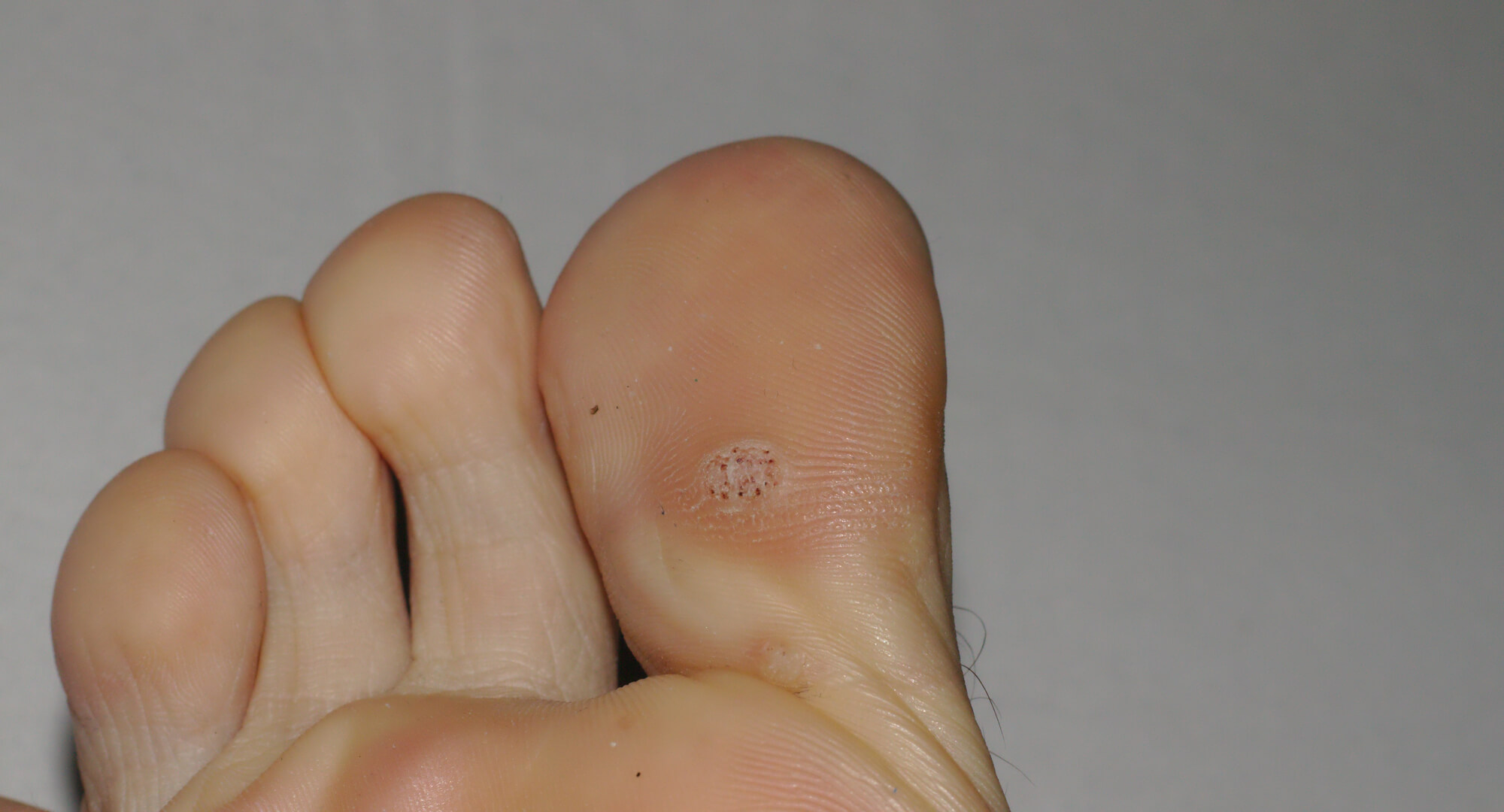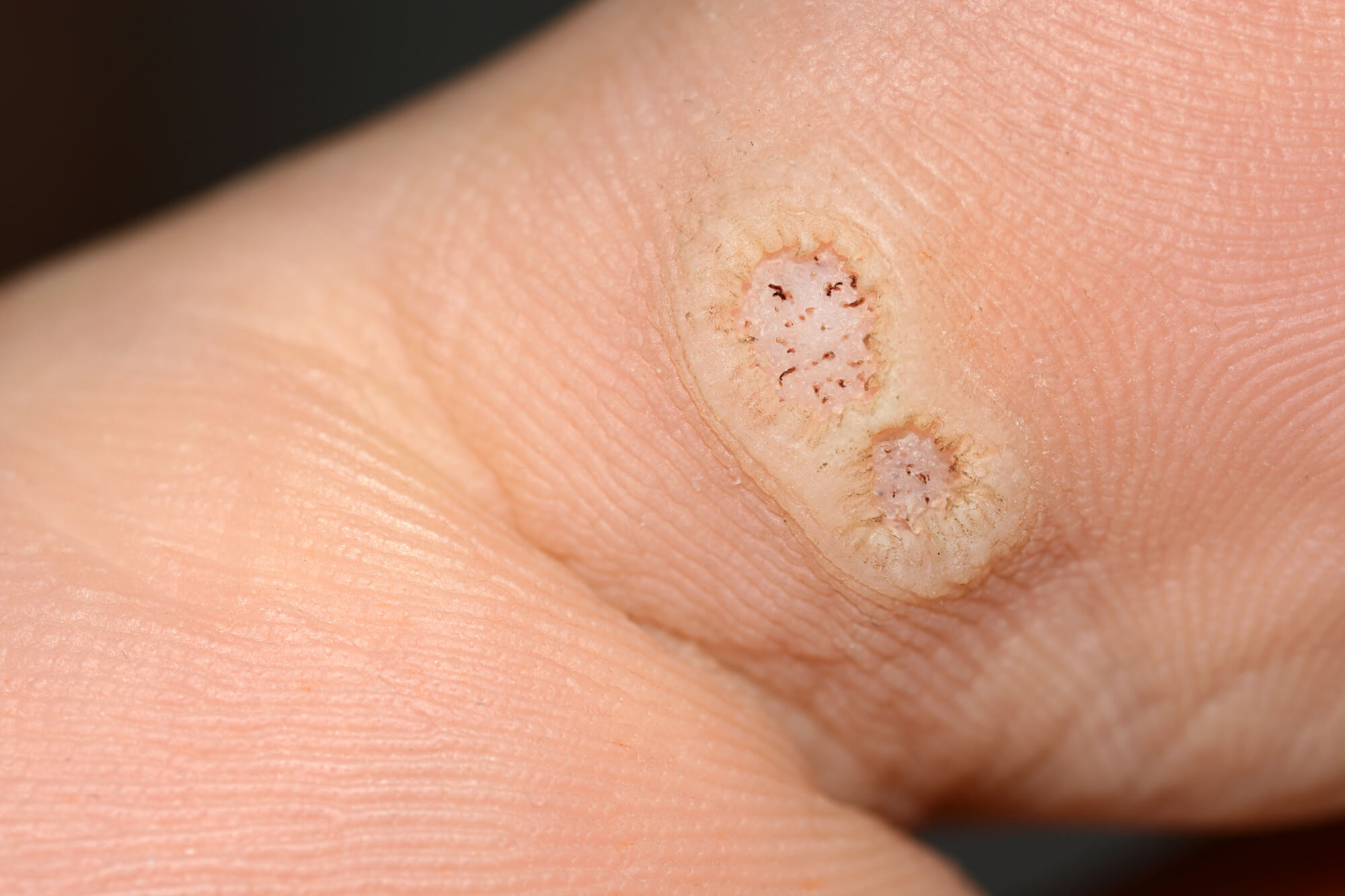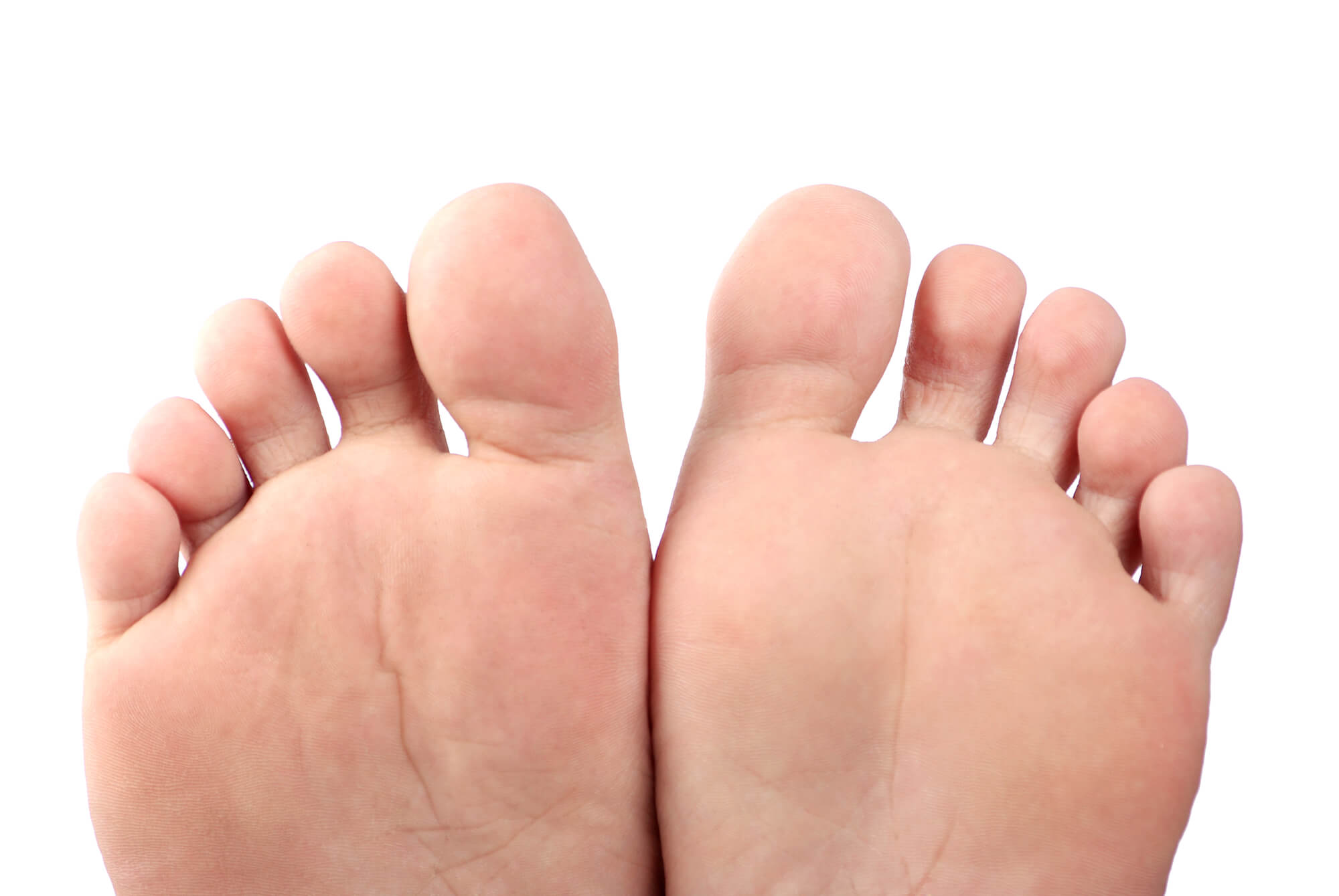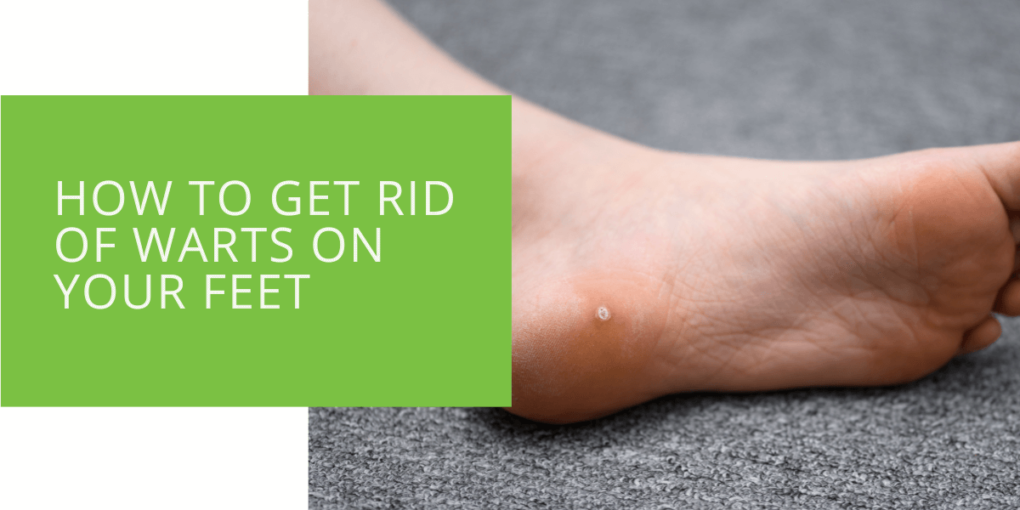How to Get Rid of Warts on Your Feet
Warts on the feet, also known as plantar warts, can be a painful and unsightly problem. They are caused by the human papillomavirus (HPV) and are contagious, meaning they can be spread through direct contact or by coming into contact with an object that a person with a wart has touched. If left untreated, warts can grow and multiply and become more difficult to remove.
What Are Warts on Feet?
Warts on the feet, specifically on the sole, are known as plantar warts. They have a rough, grainy texture and often have small black dots, which are small blood vessels. They can be small or large and can occur alone or in clusters. Warts on the feet are often mistaken for calluses or corns, which are thickened areas of skin that develop due to pressure or friction. However, warts on the feet are caused by a virus, while calluses and corns are not.
Causes of Warts on Feet
Warts on the feet are caused by the human papillomavirus (HPV), which enters the body through small cuts or breaks in the skin on the feet. The virus thrives in warm, moist environments, such as showers and locker rooms, making it more likely to be contracted in these places. People with weakened immune systems, such as those with diabetes or HIV, are more susceptible to getting warts on their feet.

Symptoms of Warts on Feet
The symptoms of warts on the feet can include:
- Hard, rough, and grainy bumps on the soles of the feet
- Small black dots on the surface of the wart
- Pain, especially when pressure is applied to the wart
- Itching or burning sensation
- Inability to wear certain types of shoes
Over-The-Counter Treatments
There are a variety of over-the-counter treatments available for warts on the feet, including:
Salicylic Acid
Salicylic acid is a common active ingredient in over-the-counter wart removers. It works by breaking down the wart's layers, allowing healthy skin to grow over the wart. Salicylic acid is available in various forms, such as medicated pads, gels, and liquids, and is typically applied directly to the wart. It's important to read and follow the instructions on the product carefully, as some products may not be safe for use on the soles of the feet.
Cryotherapy
Cryotherapy is another common over-the-counter treatment for warts on the feet. It involves using liquid nitrogen to freeze the wart, causing it to die and eventually fall off. Cryotherapy products can be found in sprays or swabs and applied directly to the wart. Cryotherapy can be painful, and it is important to follow the instructions on the product carefully, as some products may not be safe for use on the soles of the feet.
Duct Tape
While it may seem odd, using duct tape to cover a wart on the foot is a common over-the-counter treatment option. The duct tape is thought to help by suffocating the wart, causing it to die and fall off eventually. To use this method, cover the wart with a small duct tape and leave it in place for several days. Once the tape becomes loose or falls off, remove it and soak the area in warm water. Use a pumice stone or file to remove any dead tissue gently. Then, apply a new piece of duct tape. This process can be repeated until the wart is gone.

Home Remedies
There are also a variety of home remedies that can be used to get rid of warts on the feet, including:
Tea Tree Oil
Tea tree oil is known for its antiviral and antiseptic properties, making it a popular home remedy for warts on the feet. To use this remedy, apply a small amount of tea tree oil to the wart several times a day. Alternatively, add a few drops of tea tree oil to a carrier oil, such as coconut oil, and apply it to the wart.
Garlic
Garlic has antiviral properties that may help eliminate warts on the feet. To use this remedy, crush a garlic clove and apply it directly to the wart. Cover the area with a bandage and leave it on overnight. Repeat this process for several nights until the wart is gone.
Apple Cider Vinegar
Apple cider vinegar is known for killing viruses and bacteria, making it a popular home remedy for warts on the feet. Soak a cotton ball in apple cider vinegar to use this remedy and apply it directly to the wart. Cover the area with a bandage and leave it on overnight. Repeat this process for several nights until the wart is gone.

When to See a Doctor
While most warts on the feet can be treated with over-the-counter products or home remedies, there are some cases where it's best to see a doctor or a podiatrist for treatment. These include:
Large or Painful Warts
If the wart is large or causing much pain, it's best to see a doctor or podiatrist for treatment. They may use methods such as cryotherapy with liquid nitrogen or even surgically removing the wart.
Warts that Don't Respond to Treatment
If the wart doesn't respond to over-the-counter products or home remedies, it's best to see a doctor or podiatrist for treatment. They may use methods such as cryotherapy with liquid nitrogen or even surgically removing the wart.
Warts on The Soles of The Feet
Warts on the soles of the feet, especially those that are flat or affect the weight-bearing areas, known as plantar warts, can be particularly painful and hard to treat. For those kinds of warts, it's best to see a podiatrist or a dermatologist, as they have more tools and experience to treat them effectively.
Prevention
The best way to prevent warts on the feet is to practice good hygiene and avoid contracting the HPV virus. Here are a few tips for preventing warts on the feet:
- Keep your feet clean and dry: Wash them daily and dry them thoroughly, especially between the toes.
- Avoid walking barefoot in communal areas: Wear shoes or sandals, such as locker rooms, public showers, and pool decks, to avoid contracting the HPV virus.
- Don't pick at or scratch warts: Avoid picking at or scratching warts on the feet, as this can cause them to spread and become more difficult to treat.
Conclusion
Warts on the feet can be unsightly and painful, but they can often be treated with over-the-counter products, home remedies, or by a podiatrist or dermatologist. It's important to practice good hygiene and avoid contracting the HPV virus to prevent future outbreaks. If you have a wart on your foot that doesn't respond to over-the-counter products or home remedies, or if it is painful, large, or located on a weight-bearing area of the sole, it is best to seek professional help. Remember that not treating warts can cause them to grow and multiply, making it harder to get rid of them later. With the proper treatment, you can get rid of warts on your feet and enjoy healthy, wart-free feet.

